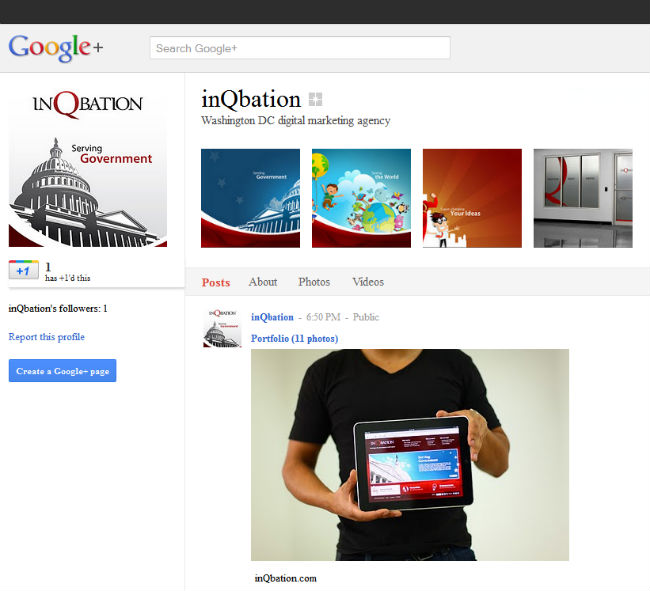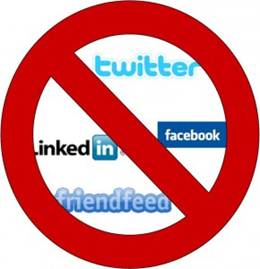From file sharing networks to social networks, copyright
organizations are going after naive users. Could you be the lawyers' next
target?
Your mobile phone is always with you, and
uploading photos of a party to Facebook is effortless. It's only later that
some people face the nasty shock of legal notices, fines, and expensive lawyers'
fees. People in countries around the world are waking up to a whole new side
effect of using Facebook, Twitter, YouTube and other networks. So far, there
has not been any reason to think about the legal and financial consequences of
posting things online. On any typical Facebook profile, there will be party
photos, YouTube videos, or text quoted from the web. These can earn a user
warning fines of up to 15,000 Euros (RM60,000), says German media rights lawyer
Christian Solmecke. He agrees that the feared wave of warnings has not really
hit yet, something even other legal experts confirm. However, the danger—and
this is where all specialist lawyers agree—is that the industry of lawyers and
copyright organizations which has grown powerful by winning cases against file
sharers, will now extend their efforts to social networks. Users of Facebook
and the like are also spreading copyright-protected content without agreement
of the copyright holder—even if they don't know it. If your profile is visible
to everyone on the Web, it could become an expensive liability, as millions of
people might be able to see a music video, photo or song you post.

Safe circle - If you publically post
on Google+, you can be warned in the same way. But that can be avoided with the
circles function
Comic heroes and their dedicated fans
One ongoing trend is that of Facebook users
replacing their profile pictures with those of comic heroes, thus provoking the
outbreak of copyright warnings.
So far, nothing has happened. Lawyer Guido
Kluck of K&W Legal confirms that copyright holders have been very tolerant
of such behaviour till now. Still, it is not technically permitted for users to
copy pictures from anyone else's Websites to decorate their own profiles.
Publishers like DC Comics and Marvel own the copyright for these images, and
only they can decide about allowing their use.

Even photos of real people can be expensive.
Lawyer Hagen Hild tells us of a case in which a female Facebook user used the
photo of a model. On being contacted, she showed some sense and § removed the
picture. You can publish | images of celebrities if you are reporting | about a
current event—but this sort of reporting is not usually done via social 1
networks. A post or a comment does not 3 fulfil the criteria.
A good source for less dangerous images is
databases like Pixelio or Fotolia. Here too you have to look closely since
often it is written in their fair use clauses that the rights for these photos
are not to be given to a third party. Facebook reserves exactly this right for
itself in its terms of use, which would then violate the photo databases' terms
and conditions. Users are complacent because in most cases, copyright holders
do not take legal action against personal use, only against commercial use of
their pictures.
Posting responsibly
Actual warnings that Facebook users have
received usually involve posts with embarrassing photos of others which are not
removed even on request. This could happen to anyone, anytime: you might take
photos of your colleagues drinking at a party. If the people in the photo
object, they have the right to ask you to take down the photos. Ideally, you
should not post any pictures without the express approval of the subjects.
"Just taking photos at a party does not give you the right to publish them
later", says Christian Solmecke.
However, if the party photographer informs
all guests in advance that he will post their pictures later on Facebook and
nobody protests, then legal experts say that it is implicit consent. In case of
any doubt, the person who is posting the photos on to the Web should be able to
prove that all the photographed people agreed to be published and that he has
the rights to these pictures.
Got one? What now?!
- Control is better
Check if you have actually posted the
content. If not, reply to the warning in writing within the stipulated time.
- Don't sign anything
Don't sign a warning letter in a hurry.
It can put you at a disadvantage since it is a legally binding admission of
guilt and cannot be terminated.
- Take the advice of a specialist
lawyer
Take heed of the time limit given in the
warning letter and get the demands checked by a specialist lawyer. He or she
will mostly be able to negotiate the fines down.